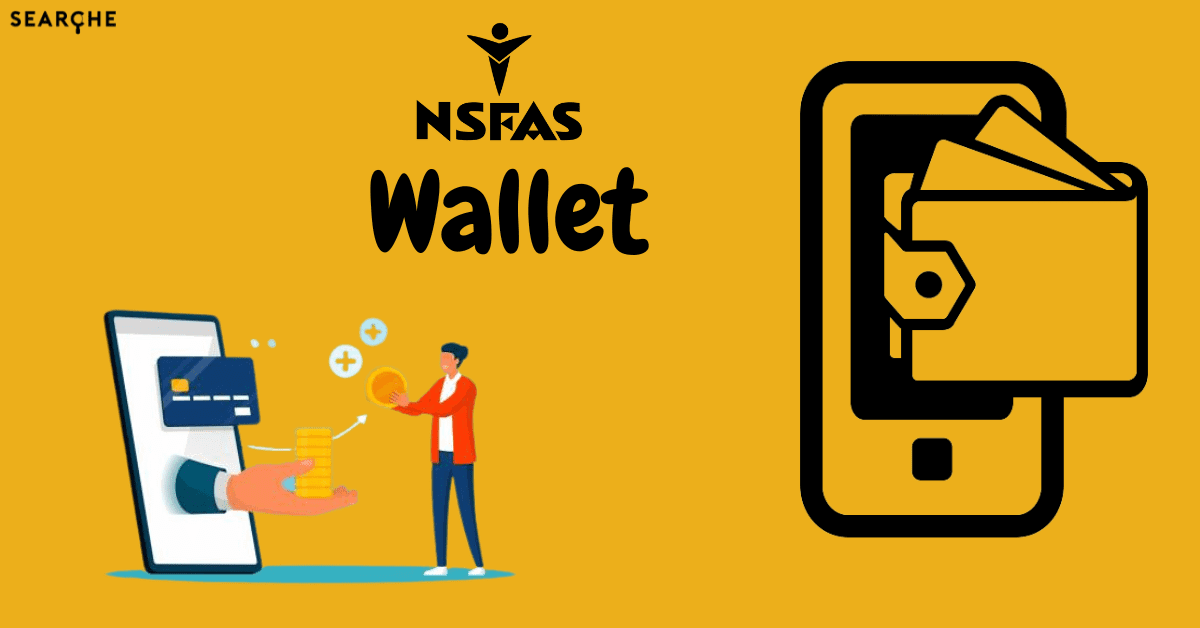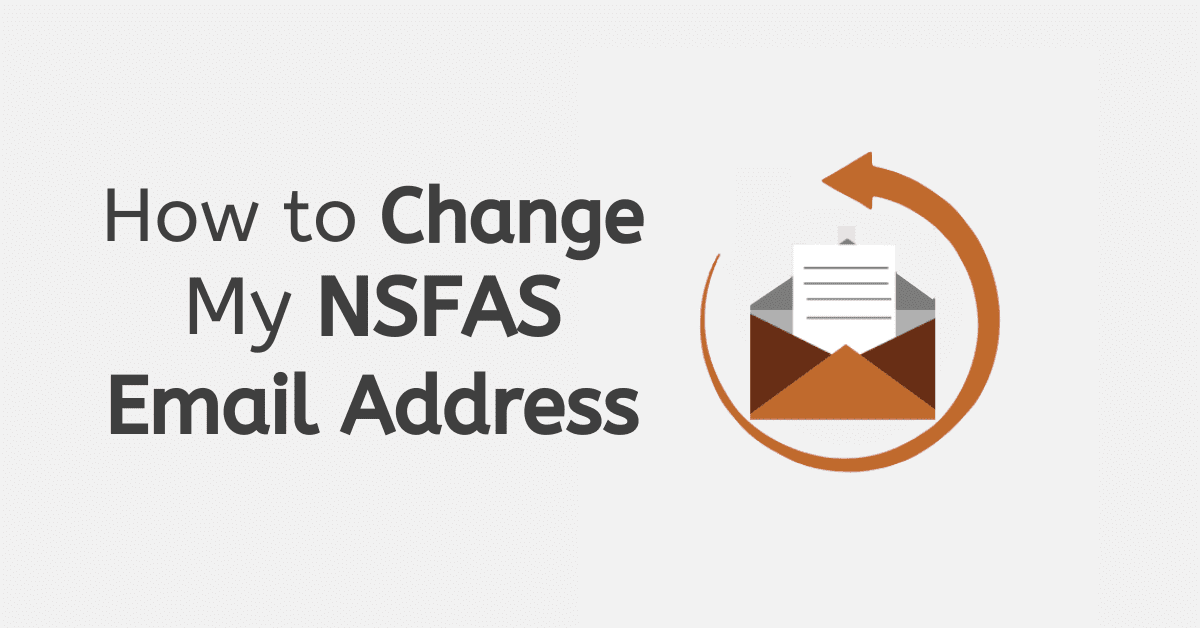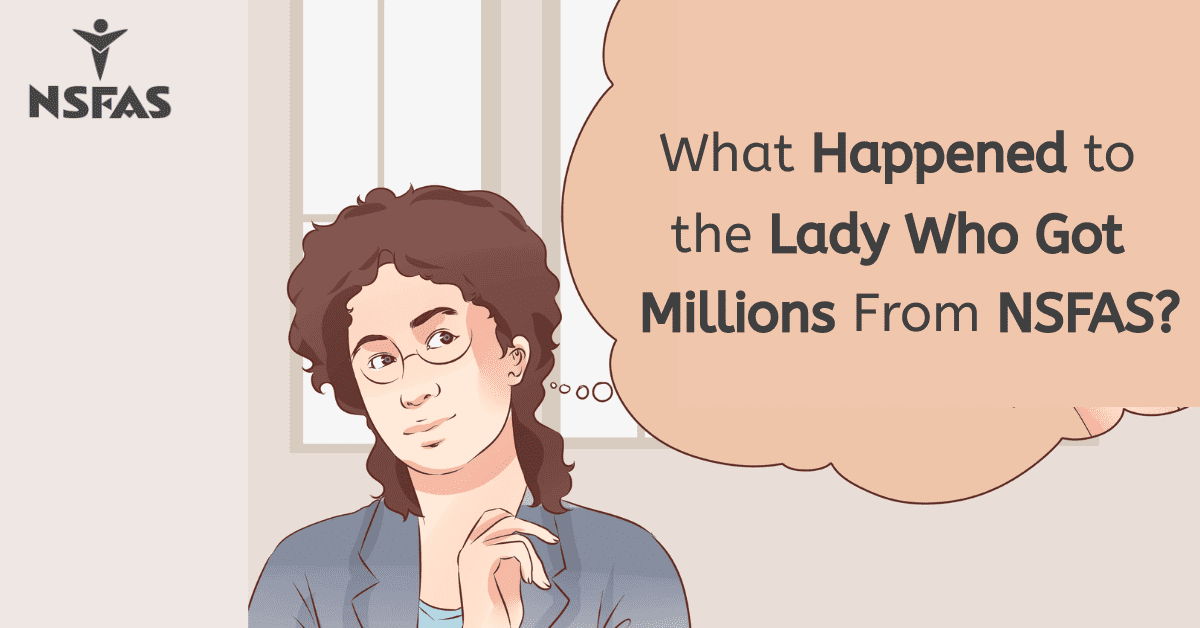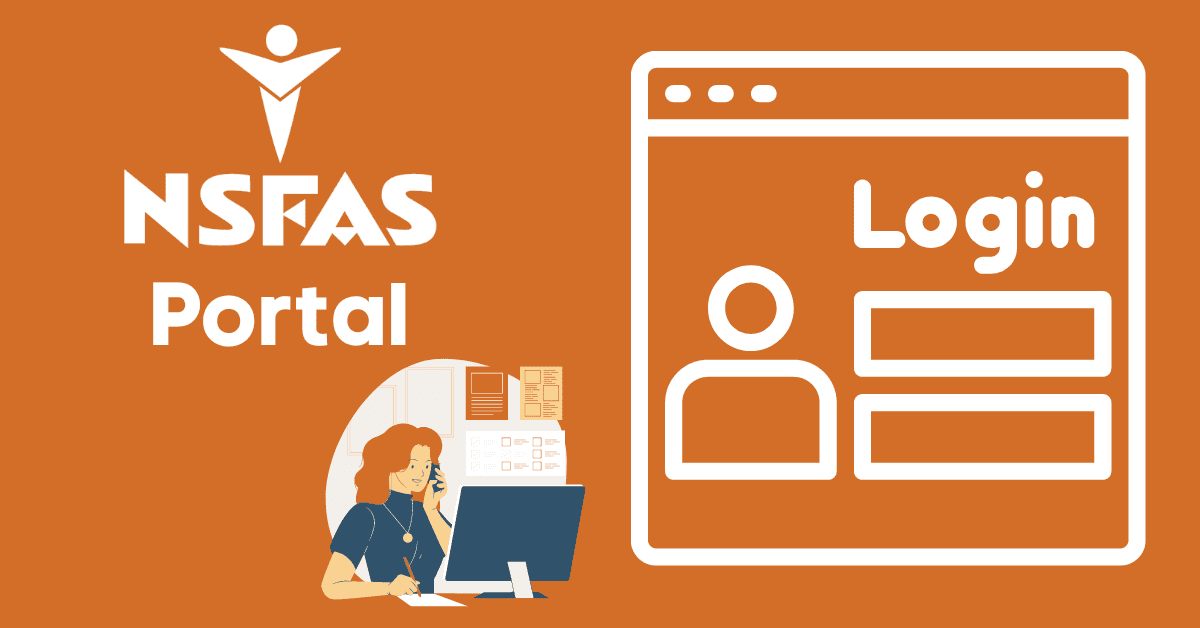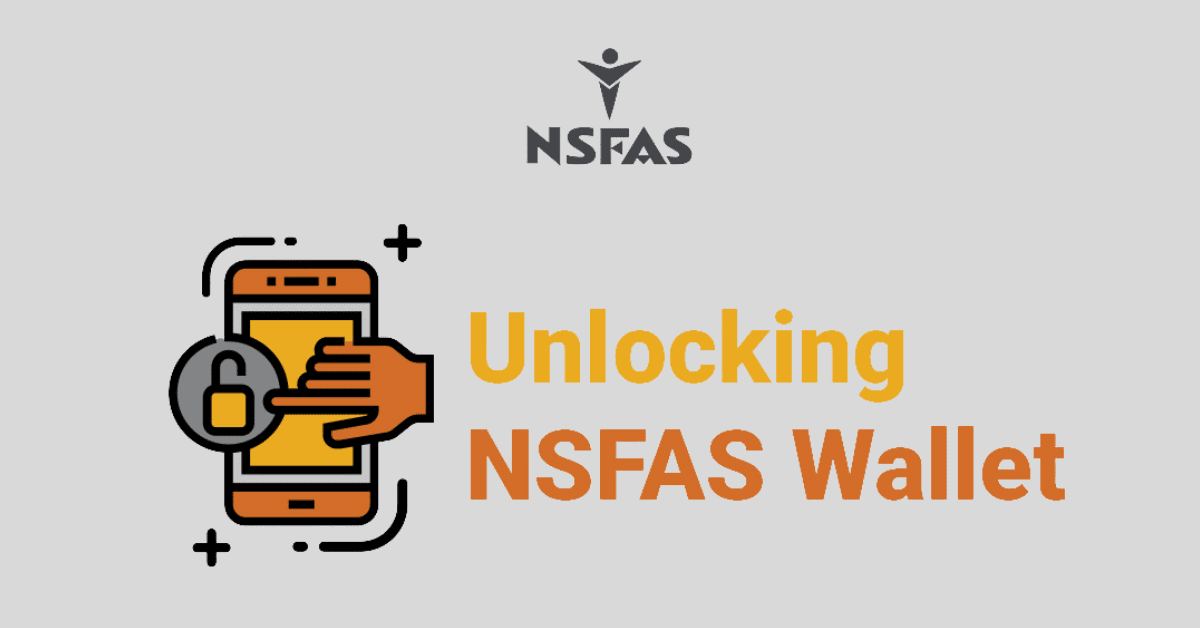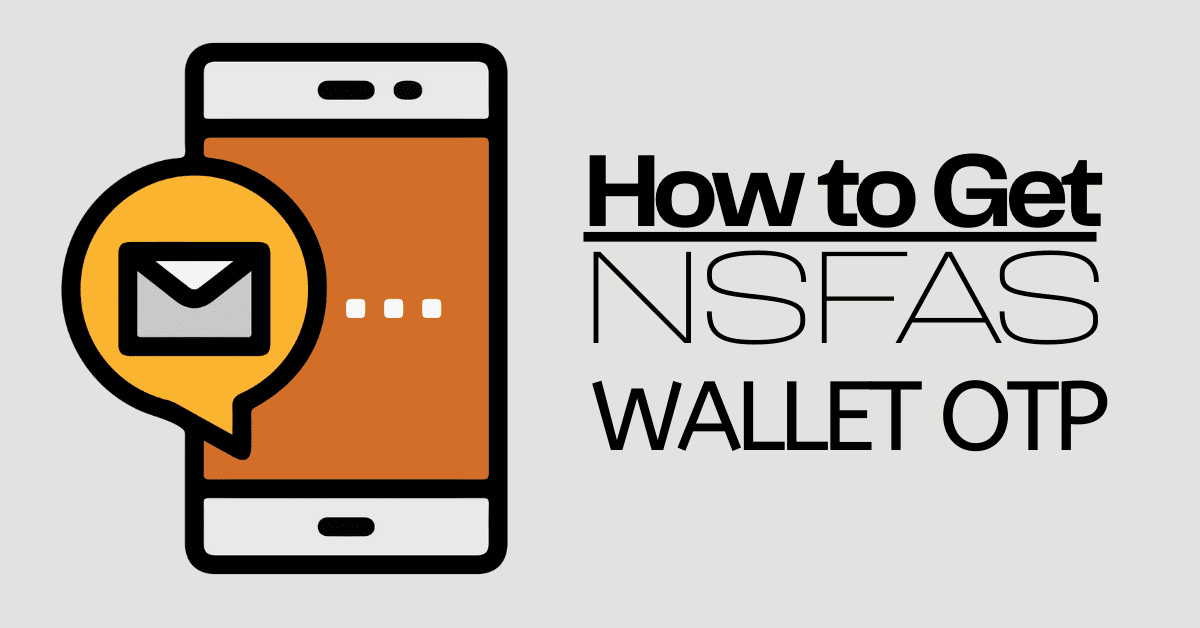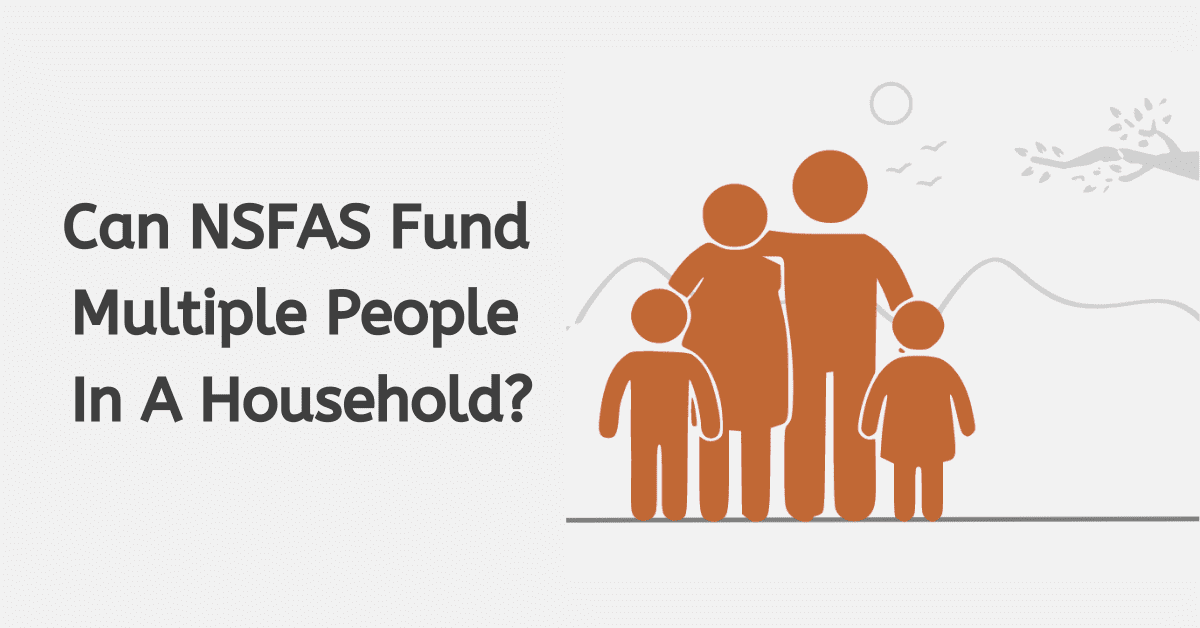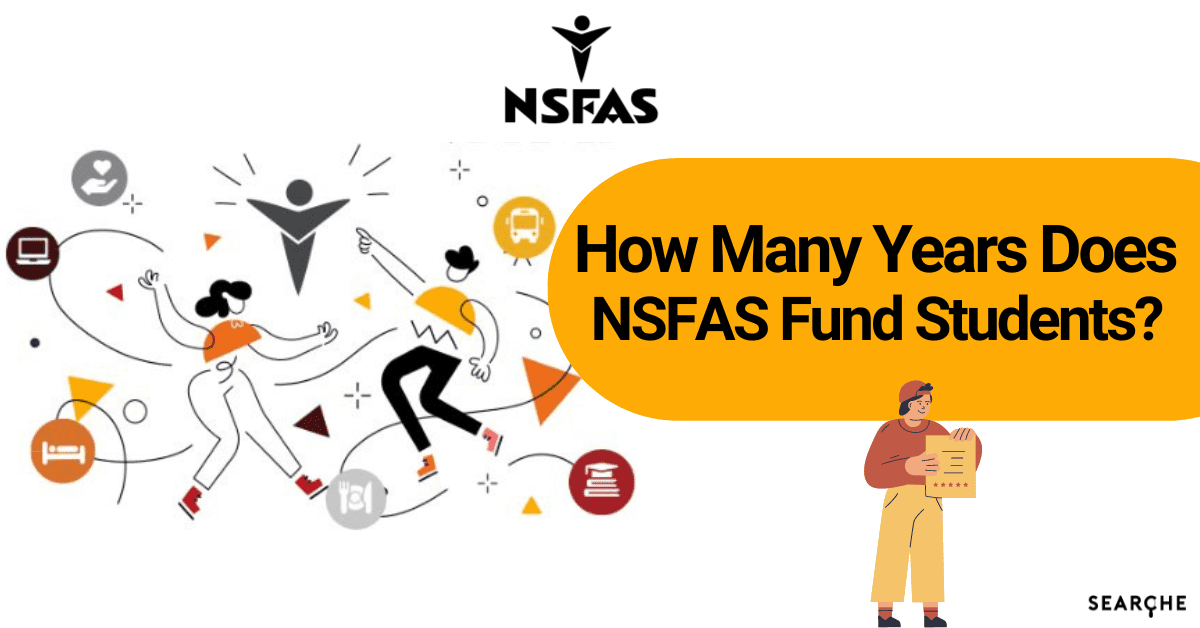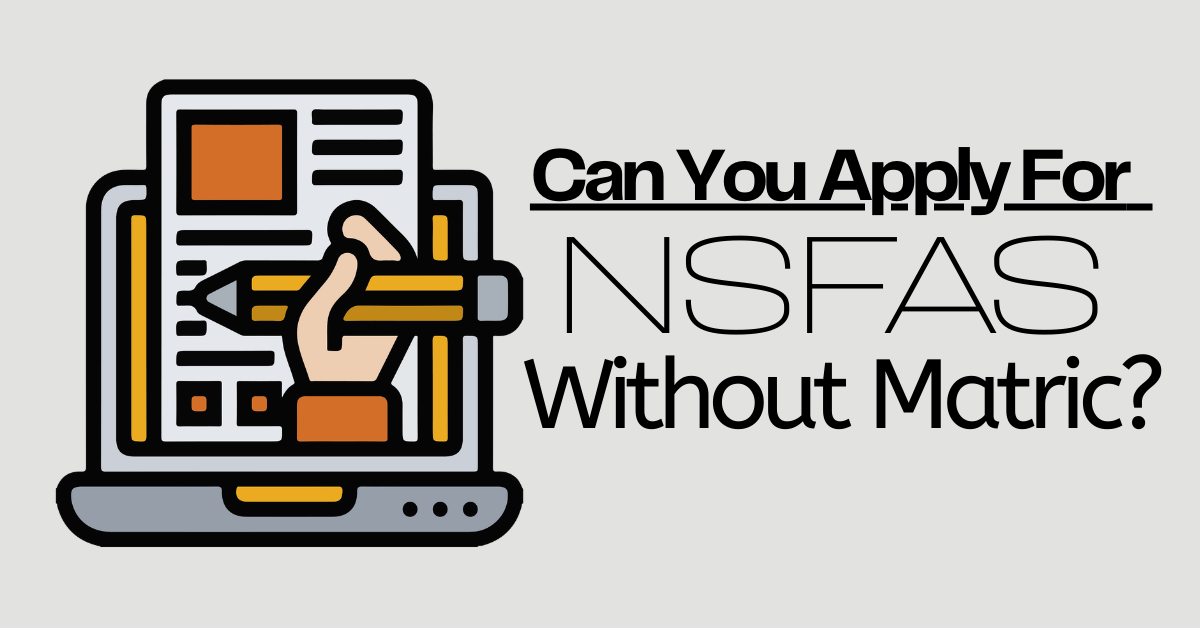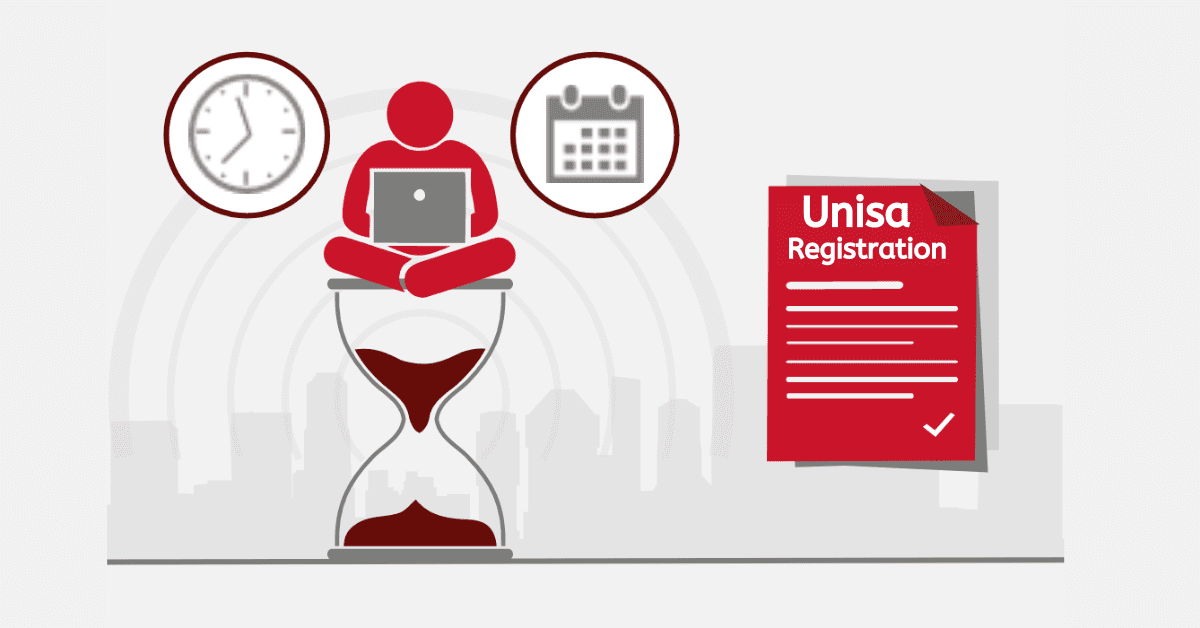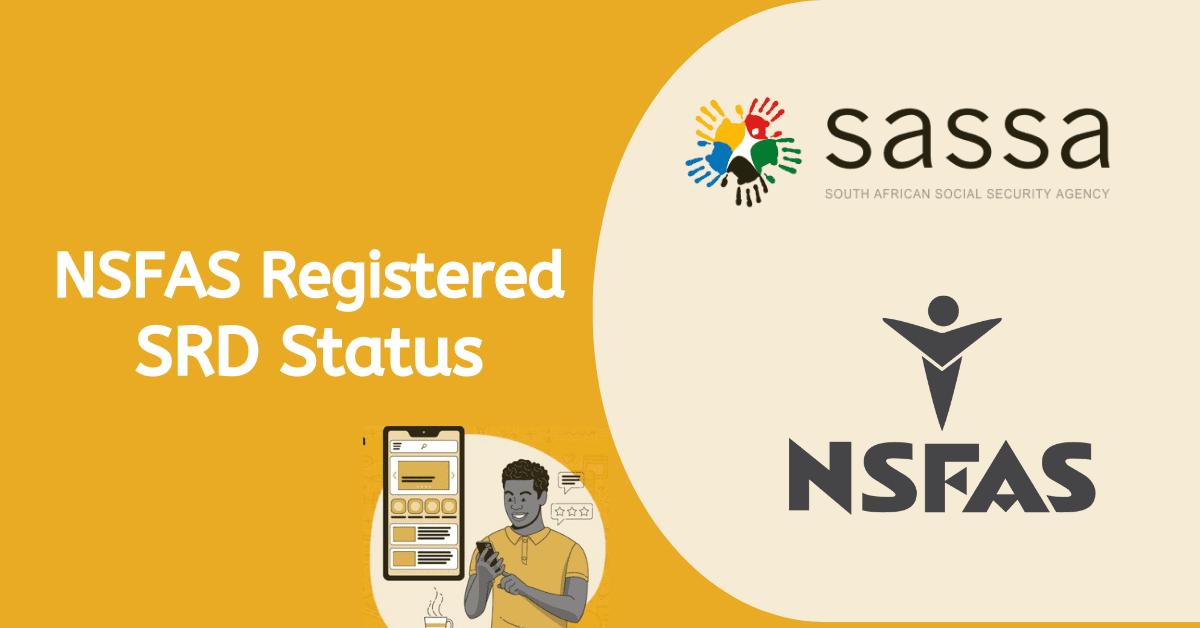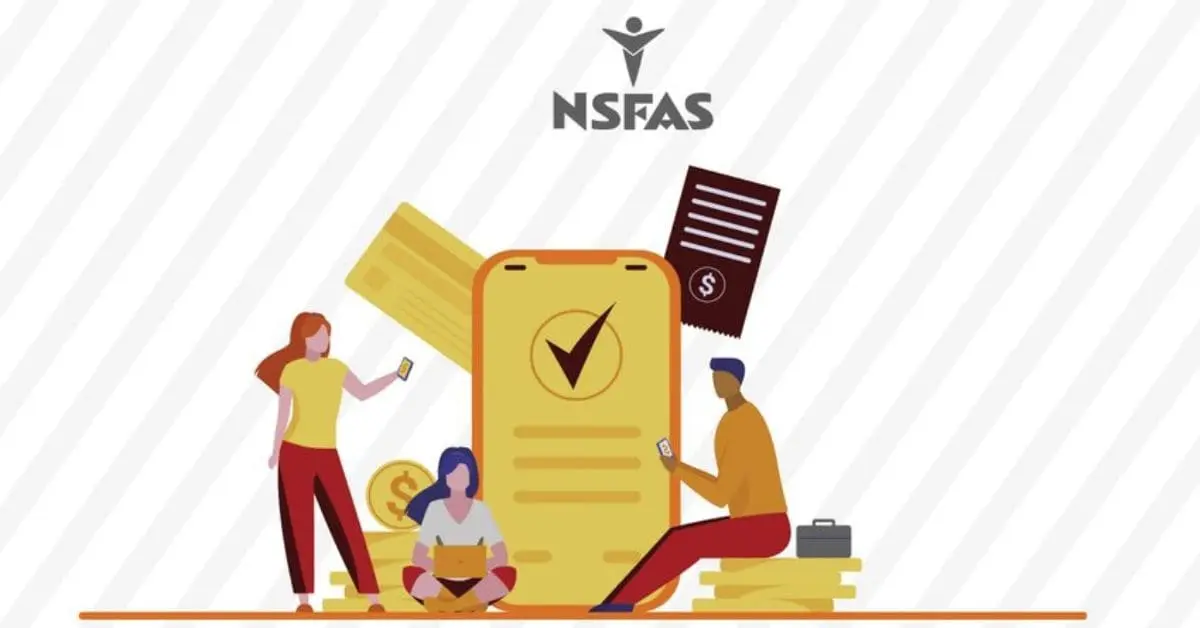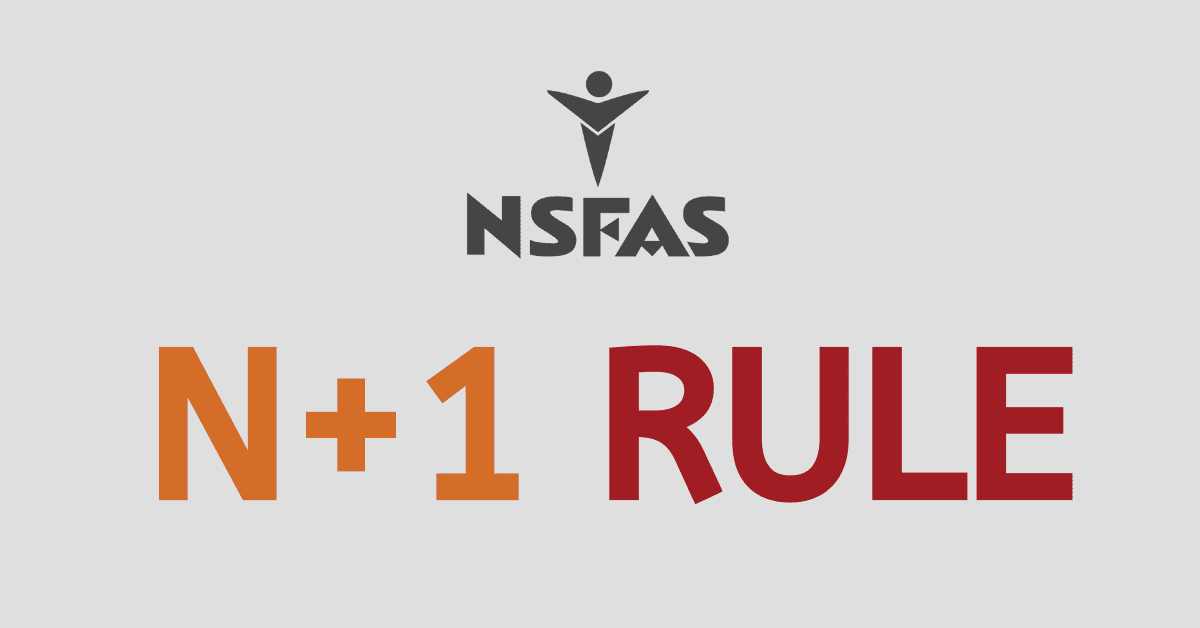If you’re thinking of pursuing tertiary education at a university or a TVET college, applying for a NSFAS bursary makes perfect sense. However, many aspirant students stumble on the documentation requirements, often getting confused — and even discouraged — by the documentation requirements that form part of the NSFAS application process. But since NSFAS applications are open, and the deadline to apply is fast approaching, save yourself the stress of worrying about how to submit documents by reading this guide on everything you need to know about the documents you have to provide to NSFAS.
What Affidavit is Required for NSFAS?
NSFAS requires you to provide affidavits in instances where there wouldn’t typically be documentation to prove or affirm your statements. The affidavit, therefore, serves as proof of the validity of your assertions as it is an oath made before the Commission of Oaths, making them legally binding.
The documents you could provide to NSFAS as an affidavit include the following:
- A statement proving your parent doesn’t live with you,
- An explanation of why you aren’t being supported by your parent, or
- A declaration stating your parent is an informal worker.
How to Write an Affidavit When Applying for NSFAS
If you are required to provide an affidavit to NSFAS as part of your application, you’ll need to visit your local police station and ask for the affidavit form.
On the form, you’ll need to provide the full name, address, and ID number of the person writing the affidavit.
The form will give you space to make a declaration. In this space, your parent, guardian, spouse, or the person making the declaration should write in capital letters. When referring to you in the affidavit, they will need to include your full name and ID number.
If the affidavit is proof of informal work, your parent, spouse, or guardian should include details about
- The type of work they do
- Where they work (i.e. suburb and city)
- And (if applicable) who they work for
The affidavit will then need to be signed and dated.
If you make any mistakes on the form, scratch it out and initial it or ask for another form.
For the affidavit to be valid, it must be stamped and signed by the appropriate officer at the police station.
What are the Supporting Documents for NSFAS?
NSFAS requires applicants to provide several documents during the application process. However, you may not need to submit every document on the NSFAS document checklist; instead, the documents you submit will depend on your circumstances.
All Applicants must Submit the following:
- A copy of your ID, temporary ID, or (if you’re under 16) a birth certificate. (If you have a smart ID, submit both the front and back of the ID)
- A copy of your parents’/legal guardians’ ID or temporary ID (for smart IDs, attach the front and back of the ID)
Non-SASSA applicants must submit the following:
- Proof of income for the parent/guardian/spouse of the applicant.
- The proof of income can include a payslip not older than three months or a letter of appointment.
- If your parents/guardians/spouse is unemployed:
- Attach a copy of a UIF letter or retrenchment letter.
SASSA applicants must submit the following:
- A letter from SASSA stating your parent/guardian/spouse is getting a social grant.
Additional Documents that You May Need to Submit to NSFAS:
- An affidavit signed by your parent/legal guardian/ spouse if they have informal employment.
- A death certificate if one of your parents is deceased.
- A divorce decree if your parents are divorced.
- An affidavit signed by your parent or legal guardian if you’re supported by someone other than them/ if they don’t live with you.
- A court order granting legal guardianship if you aren’t raised by your parents.
You may also need to provide bank statements if your parents or guardians are retired.
What is Proof of Legal Guardianship for NSFAS?
You cannot provide an affidavit to show proof of legal guardianship. Instead, you need to provide the court order granting legal guardianship.
For applicants who aren’t on SASSA and likely do not have the court order or legal guardianship has not been granted by the court yet, you can provide a declaration form formed by a social worker.
You can get a copy of the declaration form here.
Do I Need to Certify Documents for NSFAS?
Students applying for NSFAS in 2025 will not need to provide certified copies of documents because of the ongoing COVID-19 pandemic.
This may change at a later date.
If your guardianship or home life is complicated, you should consider dedicating enough time to preparing your documentation and determining the kind of documentation NSFAS will require of you.
You can email NSFAS at info@nsfas.org.za to get additional information about the documents. Alternatively, you can visit a NYDA office. You can find a local NYDA office here.
